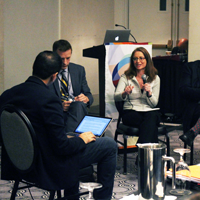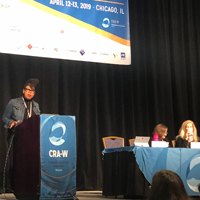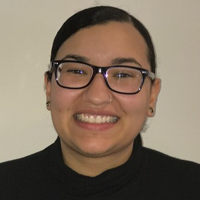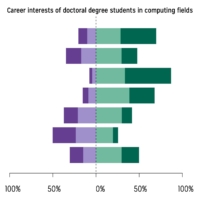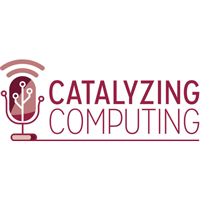Creating Institutional Homes for Computing: Transforming a Department into a School or College
The Computing Research Association has released its latest white paper, “Creating Institutional Homes for Computing: Transforming a Department into a School or College.” This white paper addresses the growing interest and trend in transforming a department of computer science, usually housed within a college of engineering or science, into a school or college of computing. It follows up on a successful panel at the 2016 CRA Conference at Snowbird on Schools and Colleges of Computing and a second panel on transitioning to Colleges of Computing at the 2018 CRA Conference at Snowbird.


